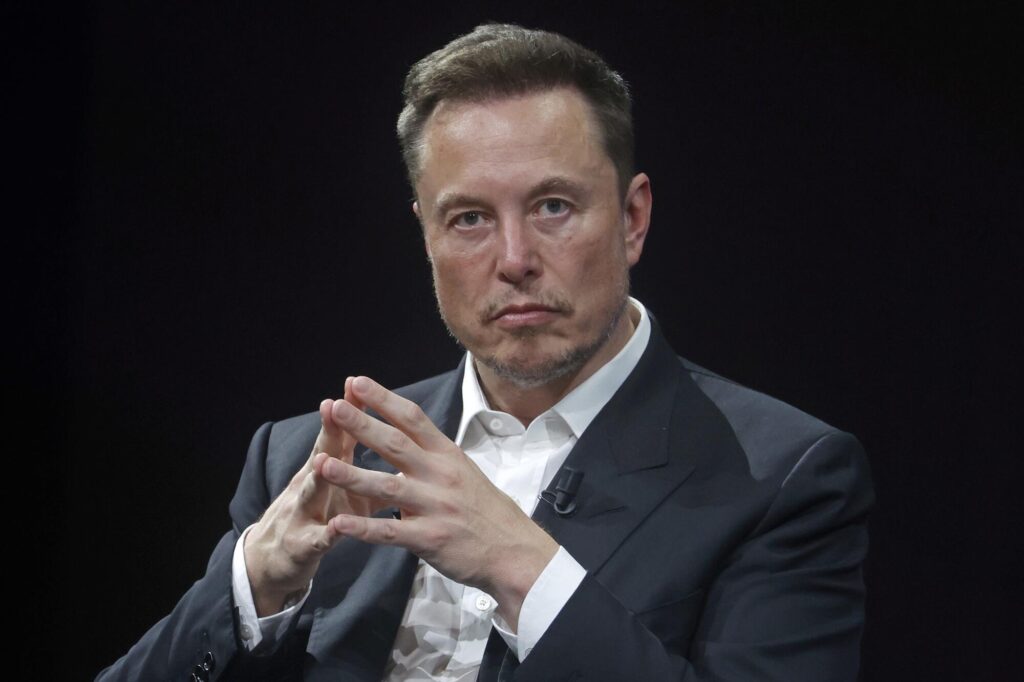seniorspectrumnewspaper – Elon Musk’s new knowledge-sharing platform, Grokipedia, launched with high hopes of challenging Wikipedia. However, the site has struggled to maintain its early momentum, according to internet traffic data from Similarweb. Following its launch, Grokipedia saw a surge in visits. Peaking at over 460,000 web visits in the U.S. on October 28, across both desktop and mobile users. This initial burst of traffic generated significant attention, signaling strong interest in the platform.
Read More : X Launches Chat with Encryption and Video Calling Features
However, traffic has since dropped dramatically. Similarweb’s latest data shows the site now receives around 30,000 visits per day—an over 90% decline from its peak. Daniel Reid, a Similarweb analyst, noted that the traffic spike was short-lived. Saying, “It seems any initial hype it had has already died down.” This sharp decline points to significant challenges for Grokipedia in retaining users.
The platform’s traffic numbers suggest that it has a long way to go if it is to compete with Wikipedia. Which remains one of the most visited websites in the world. According to Similarweb, Wikipedia currently ranks as the ninth-most visited site globally. Ahead of major platforms like Bing, TikTok, Yahoo, and Amazon. Grokipedia, in contrast, has a long road ahead to reach that level of prominence.
Controversies and Challenges Surrounding Grokipedia’s Content and Direction
Grokipedia’s attempt to differentiate itself from Wikipedia is largely based on its use of AI-generated articles. Musk has pitched the platform as a massive improvement over Wikipedia, which he has publicly criticized in the past. While Wikipedia relies on human volunteers to contribute and edit articles. Grokipedia uses artificial intelligence to generate its content, aiming for faster updates and broader coverage.
However, the platform has faced significant criticism since its debut. One major issue raised by critics is the quality and reliability of the content. Early versions of Grokipedia hosted numerous articles that appeared to be copied directly from Wikipedia, raising concerns about plagiarism. In addition, Grokipedia has been accused of promoting right-wing fringe theories and spreading pro-Russian narratives.
Larry Sanger, a co-founder of Wikipedia, has been vocal in his criticism of Grokipedia, describing it as suffering from “AI-powered bullshittery.” He and others have raised alarms about the potential dangers of relying on AI to produce content without human oversight, particularly when the AI may propagate misinformation.
Despite these challenges, Musk and his startup, xAI, are actively working to improve Grokipedia. Recent updates to the platform include a new feature that allows users to review the edit history of articles, providing more transparency around the approval or rejection of suggested edits. This addition aims to address concerns about content quality and moderation.
Read More : Elon Musk Reveals Ambitious Plan for New Chip Factory
Musk hinted at long-term plans for Grokipedia, suggesting that he may rename the platform “Encyclopedia Galactica” once it reaches a higher level of quality. He envisions the platform as an open-source distillation of all knowledge, incorporating text, audio, images, and video.
Looking ahead, Grokipedia’s success will depend on its ability to overcome these early controversies and build a more reliable, engaging platform. While Musk remains committed to improving the service, Grokipedia still faces significant hurdles in terms of user trust, content quality, and competition with established giants like Wikipedia.


